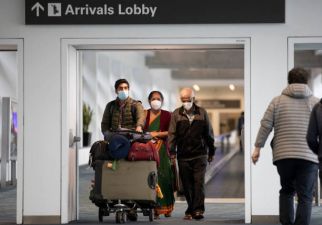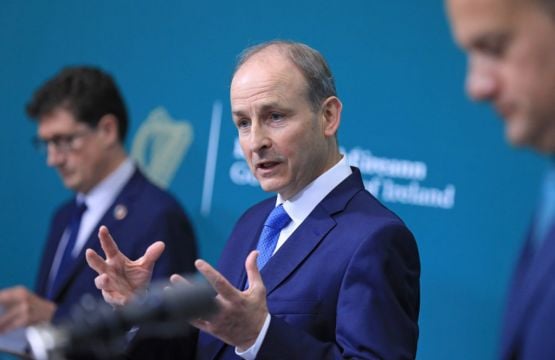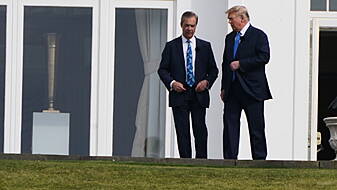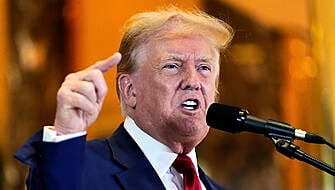Taoiseach Micheál Martin is due to address the nation regarding Covid restrictions on Tuesday evening, less than a month after he announced an easing of restrictions on October 19th.
The announcement comes after a meeting of the Cabinet on Tuesday afternoon, at which new measures were agreed.
Here's everything we know so far about the measures set to be introduced, and the data driving the rapid move by Government...
What was Cabinet considering?
The Cabinet sub-committee for Covid-19 met on Monday to discuss the latest advice from public health experts, including the return of guidance for people to work from home where possible following the suggestion of the National Public Health Emergency Team (Nphet) last week.
Reports claimed the wider use of Covid certificates, showing a person has been fully vaccinated against Covid or has recently tested negative/recovered from the virus, at venues such as gyms and hairdressers was also discussed.
The final matter addressed at the meeting was the use of antigen tests, with the Government now looking to encourage their use by subsidising the purchase price in order to make them more affordable.
The move follows advice from Nphet that people engaging in 'high-risk' activities, such as attending bars or nightclubs, should complete two antigen tests weekly to tackle the spread of the virus.
These topics were then brought to a meeting of the full Cabinet on Tuesday for final approval ahead of the Taoiseach's announcement.
What's likely to happen?
It is understood a 12am curfew will be imposed on pubs, restaurants and nightclubs, just weeks after the previous 11.30pm hospitality curfew was lifted and nightclubs were permitted to reopen. Hotel bars are due to be subject to different rules.
The Government is also expected to follow Nphet's advice in asking people to work from home where possible.
According to The Irish Times, when a Covid case is confirmed, the person's household will be required to restrict their movements (stay at home) for five days - a change from previous guidance which stated fully-vaccinated people were not required to limit their movements in such circumstances. The paper adds that sources indicated that antigen tests will be issued to households when a case is confirmed.
In slightly more positive news, the extension of the use of Covid certs in gyms and hairdressers is not thought to have been put to Cabinet on Tuesday, however, the measure may be brought in for cinemas and theatres instead.
Finally, guidance on the wearing of face coverings is expected to be updated as well.
What is driving these changes?
A briefing by the HSE at Monday's sub-committee meeting reportedly outlined a "grim" situation facing the health service.
Despite average case numbers over the past week surpassing 4,000, updated modelling predicts case numbers may not peak until late November/early December, while public health experts are warning that Covid ICU admissions could top 500 by the end of the month.
The recent surge in Ireland has worried officials, with the State recording one of the highest incidence rates in western Europe, despite having the highest vaccination uptake.
It is thought that waning immunity from the vaccine, in addition to a large increase in social mixing, particularly indoors due to the cold, damp winter weather, is contributing to the spread of the virus here.

As Covid hospitalisations have reached over 600, more than 100 of whom are in ICU, the Taoiseach insisted "quick action" must be taken to prevent the health system from becoming overwhelmed in the coming weeks.
Are we heading towards another lockdown for Christmas?
While things may not be looking overly optimistic, there has been no indication as of yet that the country will spend another Christmas under a strict lockdown.
A key aim of the Government's Covid strategy this year has been to keep reopened sectors up and running, although this evening's announcement may represent a slight row-back on those aims. Also, officials have been quick to underline that they cannot entirely rule out enhanced restrictions.
It is hoped that the wider use of antigen tests and the extension of the booster vaccine rollout will aid suppression of this latest wave of infections, but for now, enhanced measures and an emphasis on personal behaviours are the lines of defence being chased by Government.







